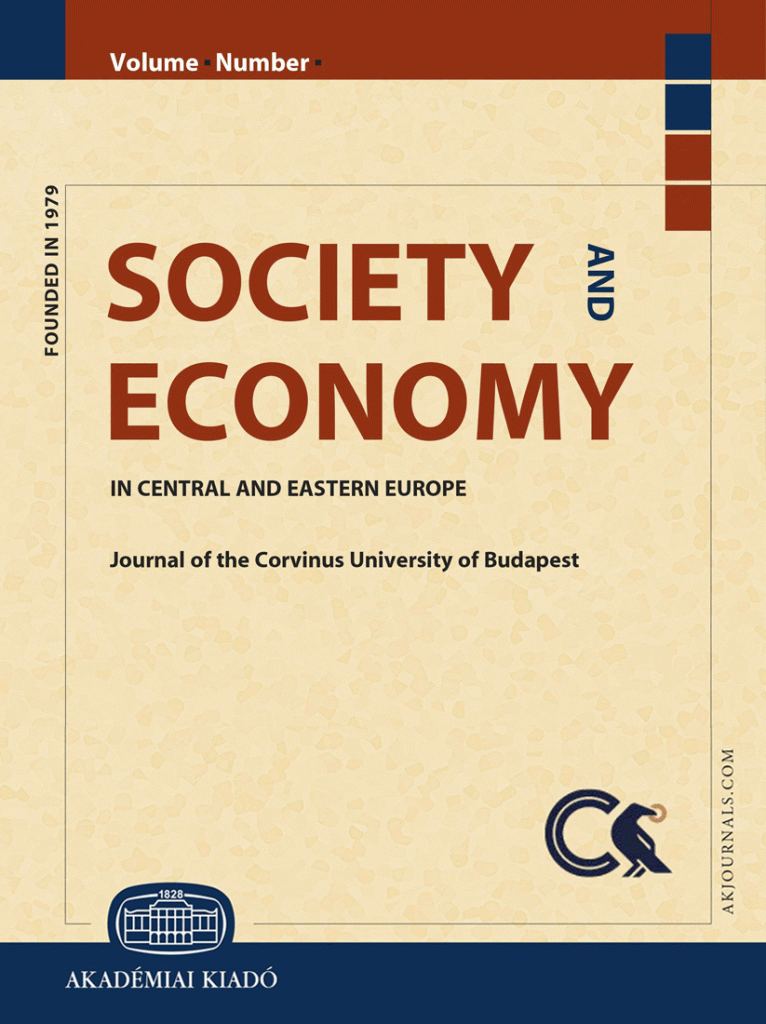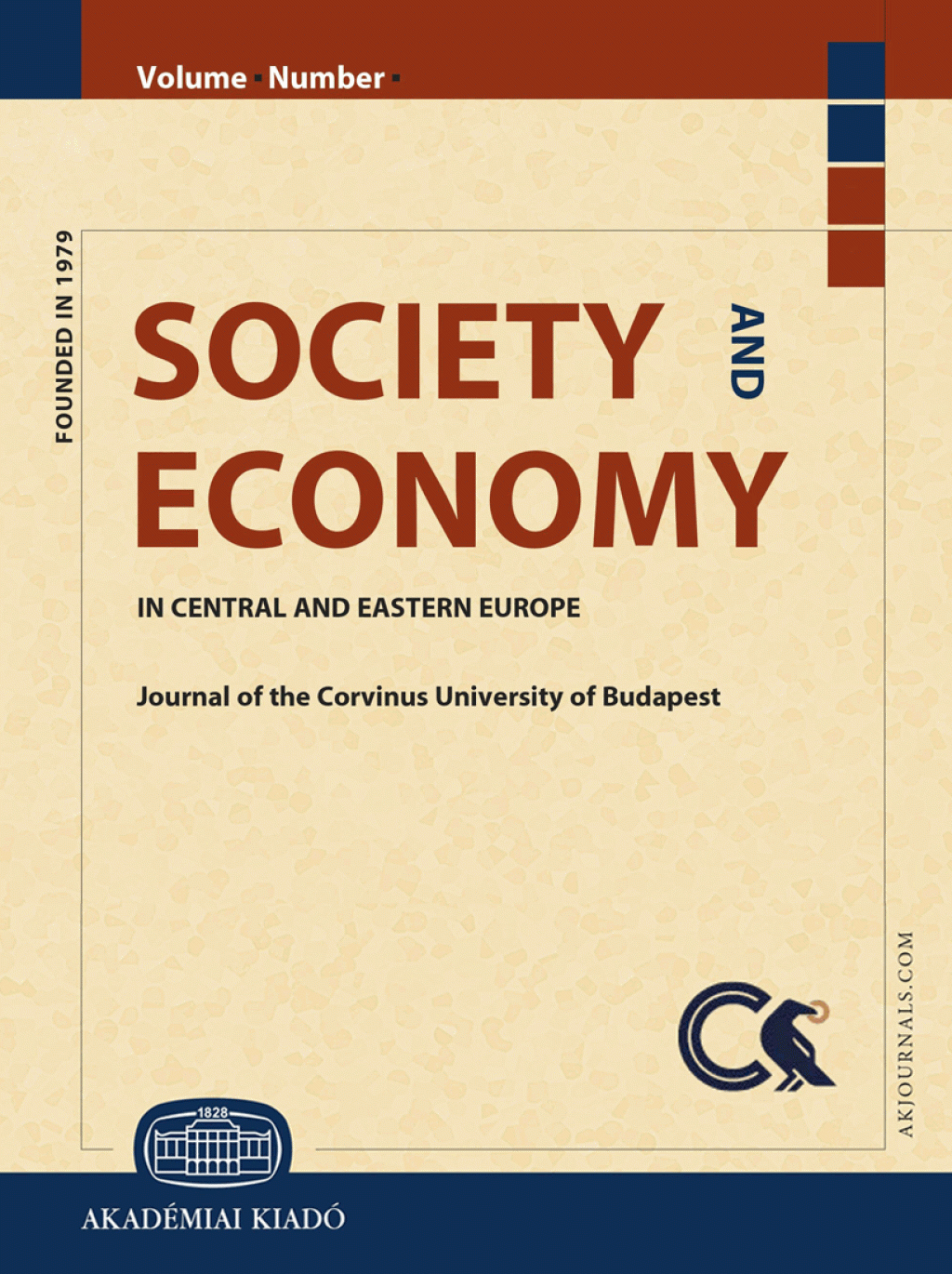PISA score as an inappropriate measure for growth? Empirical evidence from East Asia
Authors: Dominika Szécsi, Ágnes Szunomár
In: Society and Economy, (published online ahead of print 2024).
Abstract
The topic of the research is whether better human capital, as determined by secondary school learning outcomes measured by PISA scores, promotes economic growth. The literature often uses the PISA results as a proxy for growth, while its use and impact on growth are not empirically proven. These questions are analyzed through two hypotheses. The first hypothesis (H1) states that in a worldwide sample of countries, GDP per capita growth between 2006 and 2019 was positively impacted by rising PISA results. The second hypothesis (H2) states that between 2006 and 2019, the rise in PISA scores in East Asia had a stronger influence on economic growth than in the rest of the world. The study examines 59 nations that have administered two PISA tests during the period of 2006–2019. The findings imply that there is generally no causal connection between PISA results and growth and the PISA results play no additional role in the development of East Asian nations. The results can be explained in two ways. The first is that human capital includes more than just skills. The second is that the data only covers a short period of time, which may limit the analysis of long-term patterns.




